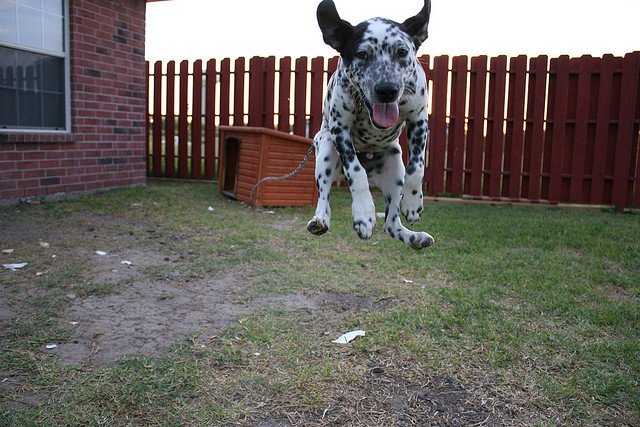When puppies are very small they tend to just do a few things, eat, sleep and make little puppy messes. So if you you end up with a very young puppy in your care you need to make sure you are taking care of everything that is needed for them at such a young age.
Below is some information on how to, when to and what to properly do when caring for your brand new puppy:
How Do I Feed a Newborn Puppy?– A mother dog’s milk provides everything the pups need during their first four weeks of life. If you are caring for an orphan or the mother is out of the picture, consult with a veterinarian for guidance on the proper way to bottle-feed newborns, as it is easy to cause harm by doing it incorrectly. The babies will need to be fed a commercial canine milk replacer. Be sure to use one specifically formulated for puppies, as cow’s milk and other milk replacer can cause diarrhea. Puppies will need bottle or syringe feeding every few hours for several weeks.
How Often Should a Puppy Eat? – Puppies generally nurse at least every two hours in their first week of life. As they develop and grow, the intervals between feedings increase. At around four weeks of age, puppies can begin to transition from nursing to eating solid food. When making the transition to solid food, a high-quality dry puppy kibble can be soaked with warm water and milk replacer and blended to the consistency of gruel. This can be made available several times a day. Gradually, the amount of milk replacer can be decreased until the puppies are eating dry kibble by about 7 to 8 weeks of age. Consult your veterinarian for the exact amount to feed and for help creating a long-term feeding schedule suited to the puppies’ development needs.
How Much Should a Newborn Puppy Weigh? – The average birth weight for puppies depends on breed. During the first weeks of life, a pup’s body weight may double or even triple. Gaining 10 to 15% of birth weight daily is considered healthy. Pups who don’t gain adequate weight during this early period may not survive.
When Should Puppies Have Their First Vet Checkup? – Assuming the pups appear healthy, most veterinarians recommend that they receive their first round of standard vaccinations at six weeks of age. Deworming and a physical examination can begin at an early age. Consult with your veterinarian to schedule your puppies’ preventative health plan. However, you should call your vet immediately if a puppy exhibits any of the following symptoms:
- Lack of appetite
- Poor weight gain
- Vomiting
- Diarrhea
- Difficult breathing
- Coughing/wheezing
- Constant crying
- Pale gums
- Swollen eyes or eye discharge
- Nasal discharge
- Inability to pass urine or stool
Do you have any other advice for brand new puppy owners to make it an easier process?





Leave a Reply